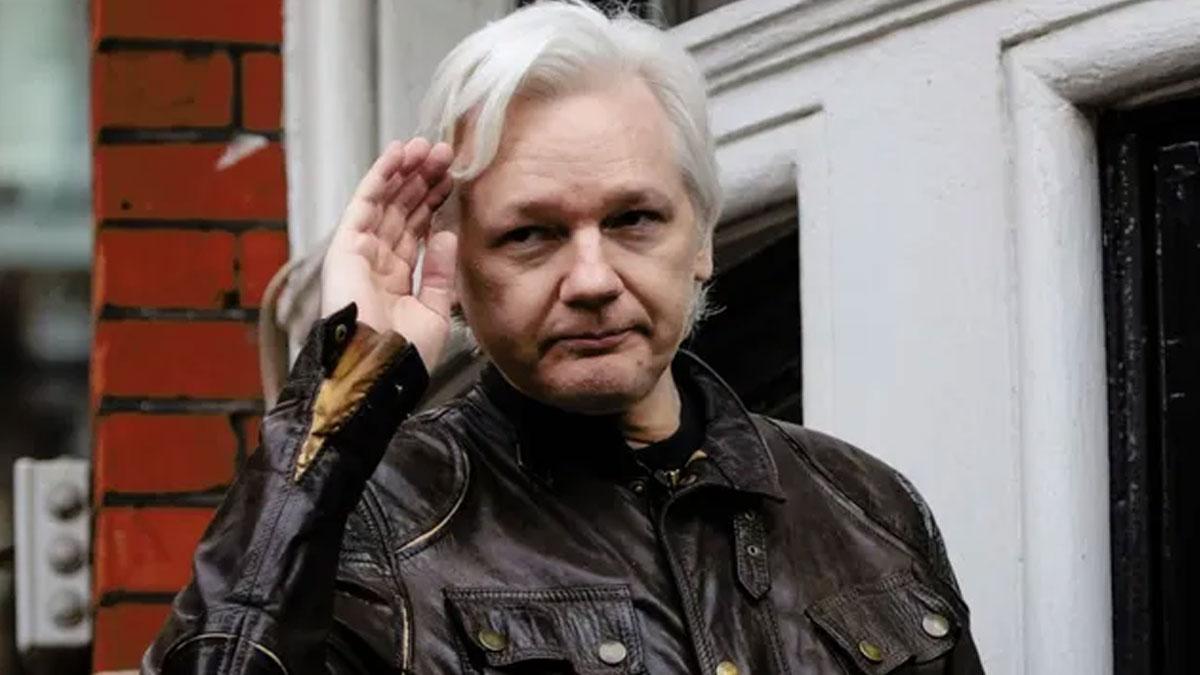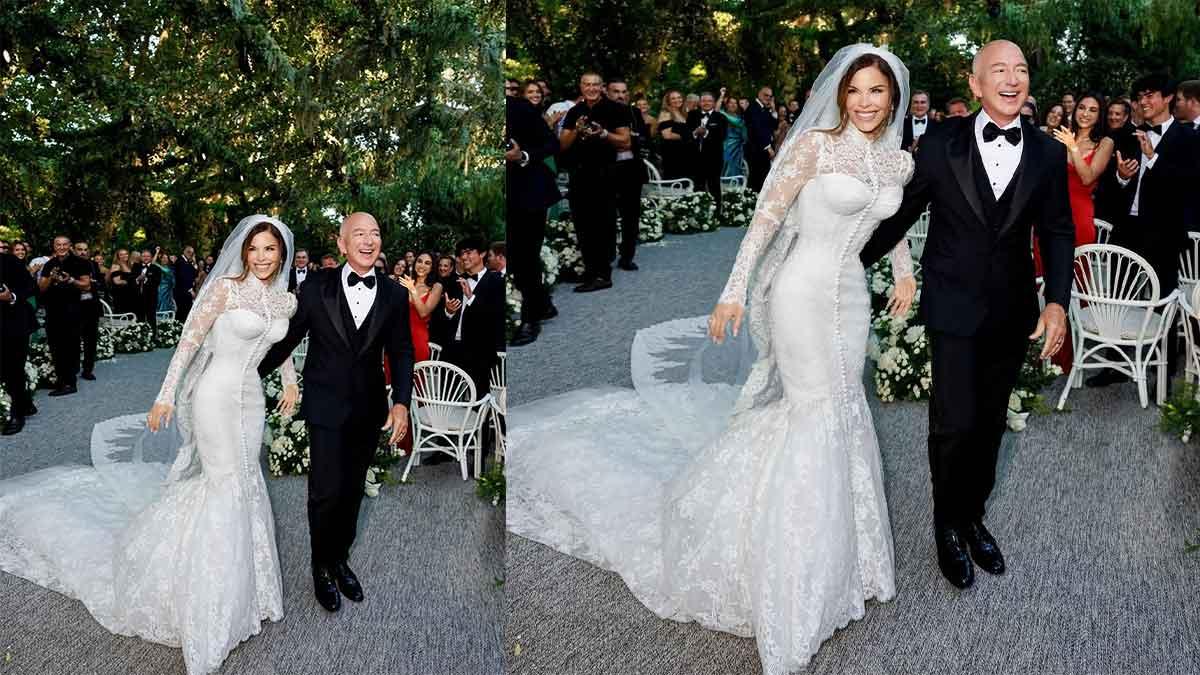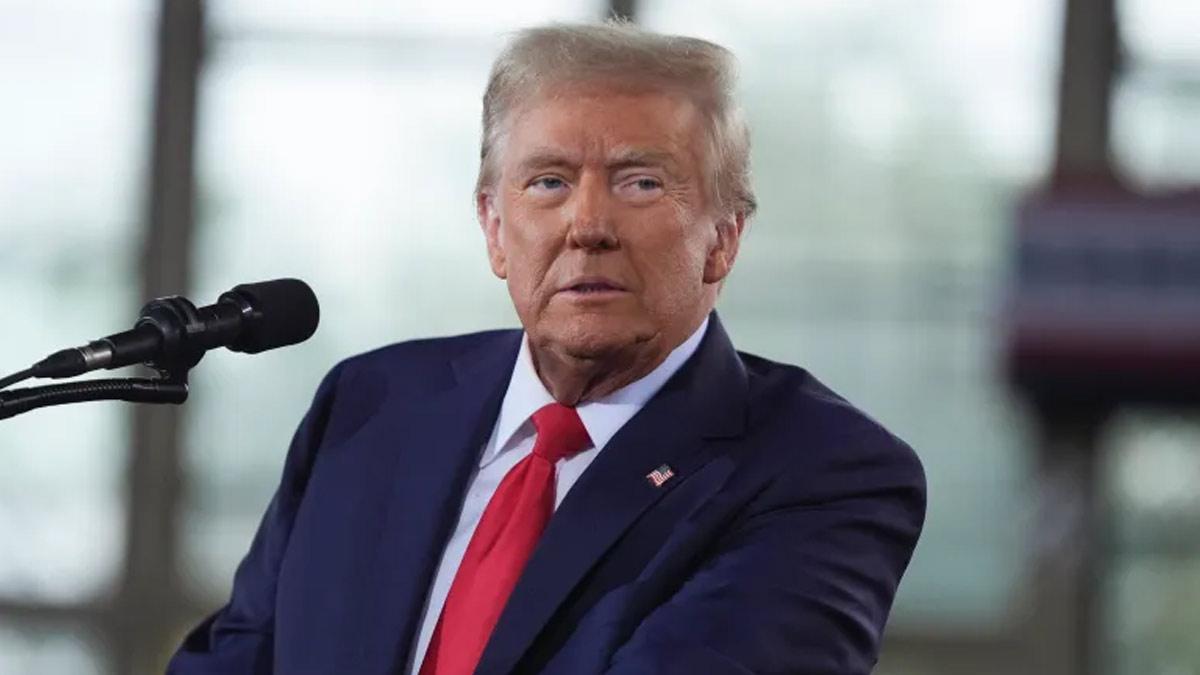In a dramatic turn of events, a London court ruled Monday that Julian Assange, the founder of Wikileaks, is permitted to appeal a decision that would extradite him to the US on espionage charges—a move which has been the subject of a legal battle for over a decade.
Since 2019, the 52-year-old Australian has been detained at the high-security Belmarsh prison in London following his arrest from the Ecuadorian Embassy, where he had sought asylum.
While the US authorities seek Assange's trial for allegedly endangering lives through the publication of thousands of classified documents on Wikileaks, his legal team contends that the charges against him are politically motivated.
Two High Court judges at the Royal Courts of Justice on Monday allowed Assange leave to appeal against extradition orders, particularly on the question of assurances by the US government that he would be covered by the First Amendment of the US Constitution, which safeguards the freedom of speech, and assurances against the death penalty.
As cited earlier, Assange's barrister Edward Fitzgerald said, "On the principle of the separation of powers, the US court can and will apply US law, whatever the executive may say or do."
But the US government's legal counsel opposed, citing that the judiciary would take into consideration the executive's "solemn assurance" and ensuring that Assange would be dealt with on no less favor than the nationals.
Now that the High Court granted him leave, Assange can now pursue his challenge against US assurances to be heard in full, scrutinizing the nature of his would-be trial in America and the safeguards on his right to free speech after extradition.
“The assurance does make it clear that he will not be discriminated against because of his nationality. He can and will be able to raise all those arguments and his nationality will not prejudice a fair trial,” said James Lewis in written submissions.
The appeal will be heard next year, with Assange continuing his long fight against extradition even after the UK government signed off the order in June 2022.
He has always maintained that he is innocent and revelations in 2010 exposed US war crimes. Scores of his supporters, including his wife, Stella Assange, demonstrated outside the High Court as it delivered its verdict Friday, calling for him to be released on health grounds.
That would have seen Assange exhaust all his options in the UK if the court had ruled against him—a massive moment in his rollercoaster legal battle.
For over a decade, Assange has fought extradition from the UK after Wikileaks published thousands of secret US documents, among them detailing civilian casualties caused by the war in Afghanistan.
Though US prosecutors claim the action put lives at risk by not redacting the names of intelligence operatives, his legal team insists the case is one of politically motivated "state retaliation."
Read also | China's Massive Investment to Revitalize Troubled Property Market
Read also | UK PM Sunak faces revolt over plans to scrap Graduate Route visa, Claims Report


















